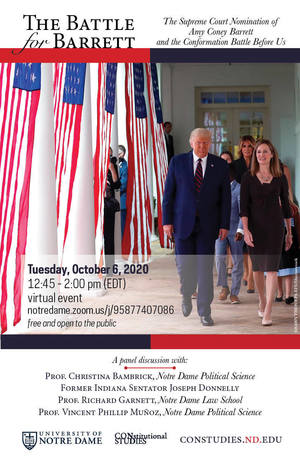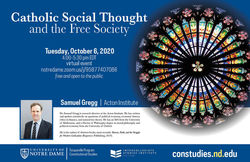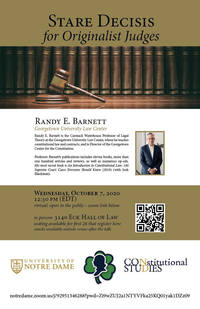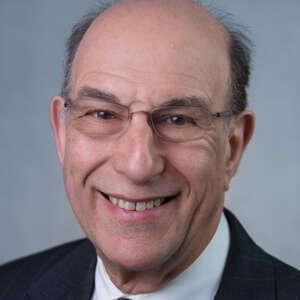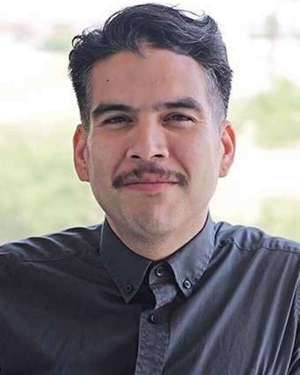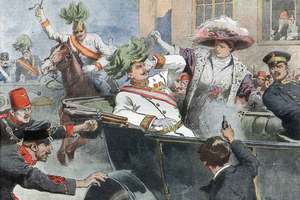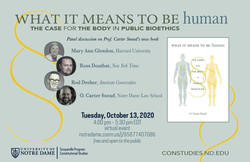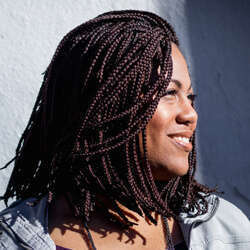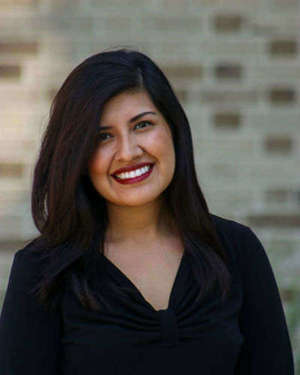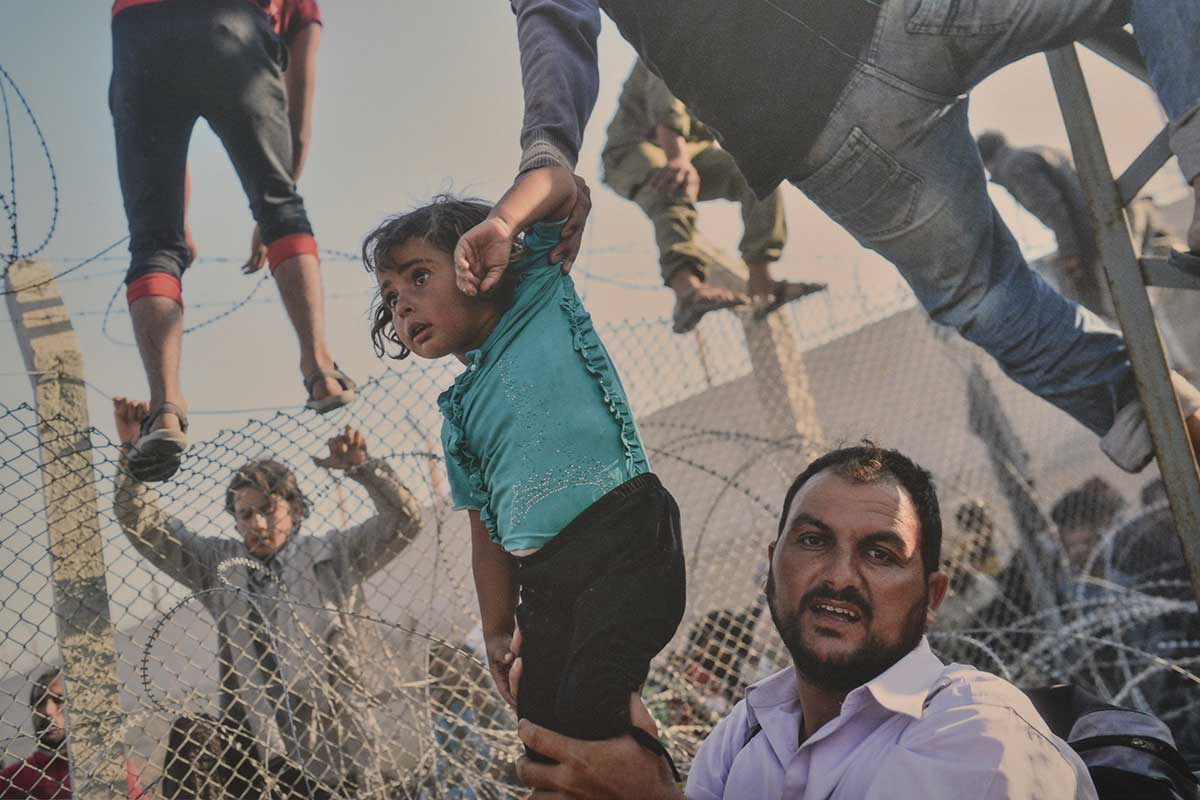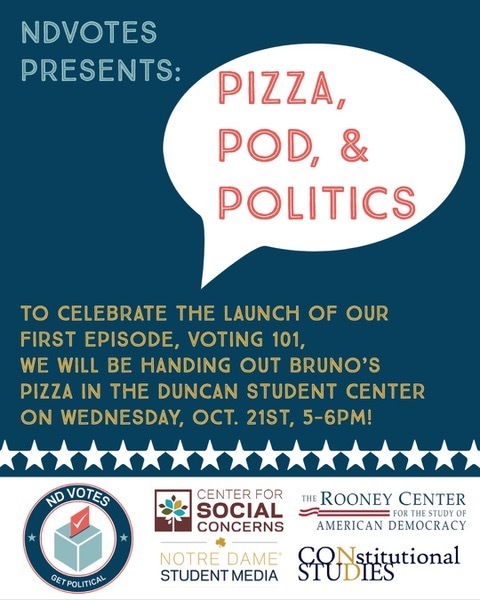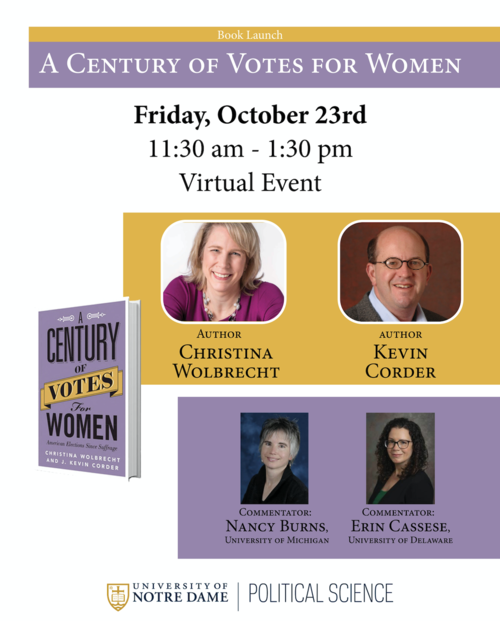Thursday Oct 1, 2020
2020 Catholic Immigrant Integration Initiative Conference (VIRTUAL)
The Center for Migration Studies of New York (CMS) and the University of Notre Dame will hold the 2020 Catholic Immigrant Integration Initiative Conference on Thursday, October 1 and Friday, October 2, 2020. Out of an abundance of caution for all who…
Read More about 2020 Catholic Immigrant Integration Initiative Conference (VIRTUAL)
